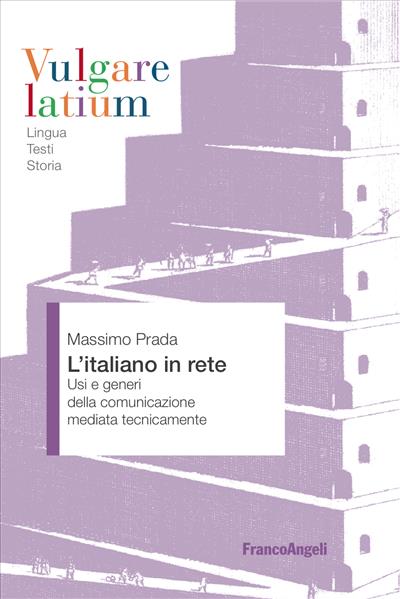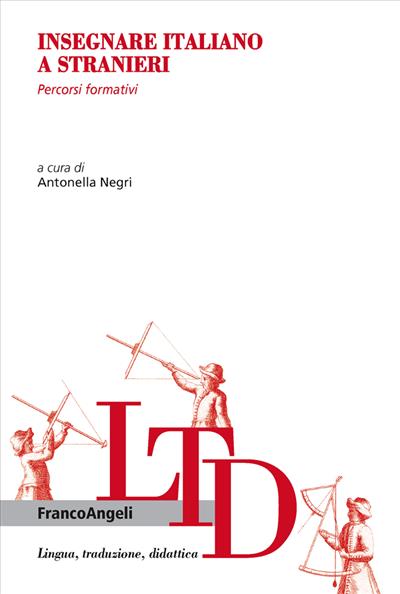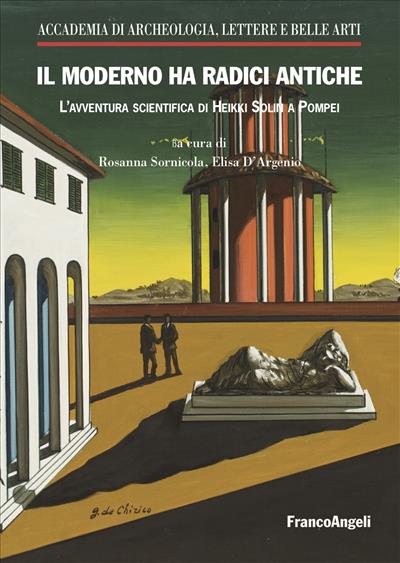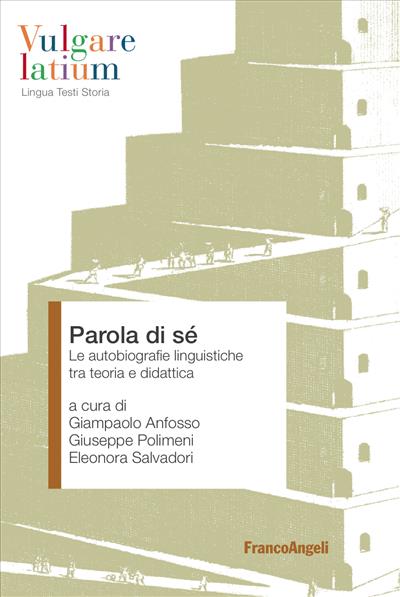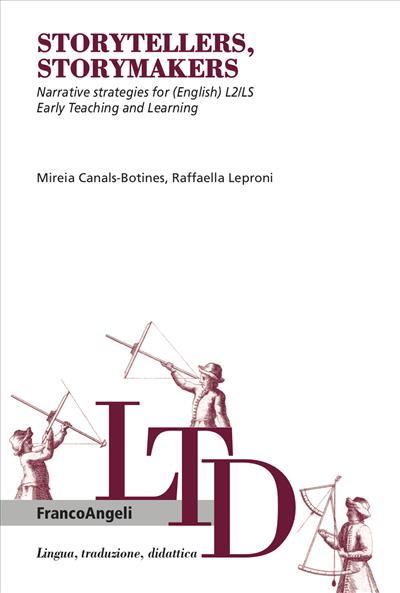
Mireia Canals-Botines, Raffaella Leproni
Storytellers, Storymakers
Narrative strategies for (English) L2/LS Early Teaching and Learning
This volume examines narrative as a pedagogical tool in foreign/second language teaching, particularly for primary English teaching. The aim of the book is to help researchers and educators promote narrative-based teaching approaches.
Pagine: 208
ISBN: 9788835173922
Edizione: 1a edizione 2025
Codice editore: 1058.66
Disponibilità: Discreta
